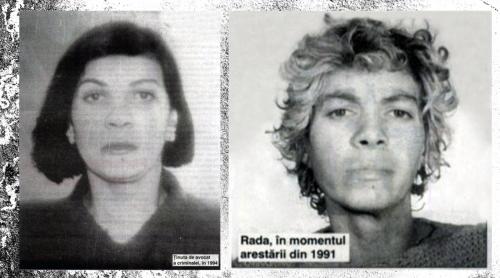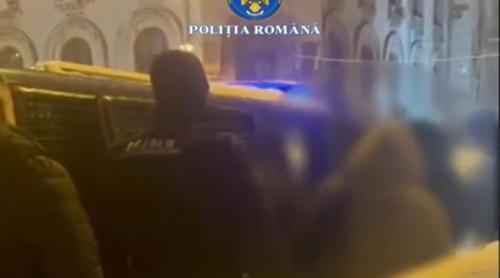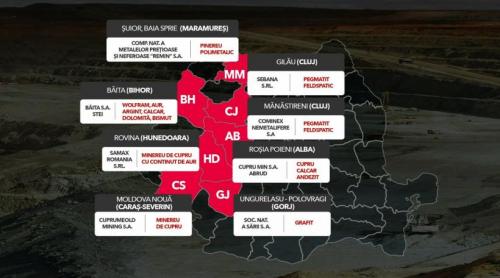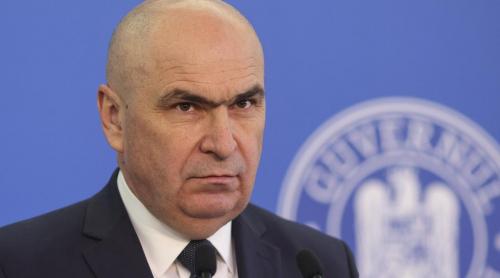
Reducing the parliamentary elections to local level was also caused by the fact that the parties weren’t ready for the uninominal vote.
During the last week of campaign, invited on Antena 3, the mayor of District 5, Marian Vanghelie, bet that Oana Mizil, the PSD+ PC candidate for college 20 in Bucharest, would defeat Gigi Becali and would get in the parliament.
Oana Mizil obtained 50.72% of the votes, being among the three candidates in Bucharest for the Chamber of Deputies who managed this extraordinary performance. Oana Mizil is not, however, the big surprise of the elections on the 30th of November 2008. The big surprise was given by Aurelia Vasile (also from PSD + PC), who obtained 51.07% in college 22 and ran for a place in the Chamber of Deputies. A showbiz star, well-known for the older voters, Oana Mizil was likely to win. Aura Vasile is not a known person for the media. However, Aura Vasile managed to join the parliament, and she ran for this position in Bucharest, while stars such as Elena Udrea, Vasile Blaga, Anca Boagiu, Sergiu Nicolaescu waited for the redistribution. How should we explain this? With the bet placed and won by Marian Vanghelie.
The two candidates have run for colleges in Sector 5, the mayor of which is Marian Vanghelie. Marian Vanghelie was one of the mayors of PSD who worked hardin the campaign, they even worked harder than the candidates themselves. I reported this detail because it could be explaining a situation visible from outer space.
From the hierarchy point of view, as well as from the comparison between the results obtained by the parties point of view, the parliamentary elections were very similar to the local elections. The same tight score between the two major parties: PSD and PD-L. The third place was occupied by PNL. The same failure for PRM and PNG. The little story with Marian Vanghelie is just one of the many showing everything about the milestones of these special parliamentary elections.
Another perspective is the one of the electoral billboards of the three parties. In many cities, towns and villages, the mayors of the respective localities appeared alongside the candidates for the parliamentary elections of the party. They kind of guaranteed for those candidates. The situation similar to the one at the local elections can be explained by the absolute role played by the mayors in the campaign.
Therefore, we can talk about a victory of the mayors at the poll on the 30th of November 2008. In the places where a party had a mayor well-known for his work, the candidates didn’t have any problem winning. Naturally, during the previous parliamentary elections the mayors also had an important role for the final results obtained by the parties. However, in 2008, this role was overwhelming. How can we explain this? It’s simple. It was because of the uninominal vote. During their talks with the citizens during the campaign, they emphasized the local characteristics of the issues raised by the citizens. From initiating a new bearney in the village to covering a certain hole in a certain road, they all referred to issues regarding the City Hall. In all these cases, the people voted for the candidate alongside their mayor because they were convinced that this would turn into support for their mayor.
It is, of course, a disaster for the democracy in our country. Issues of local interest belong exclusively to the mayor. The Deputies and the Senators have other duties: they debate and vote laws necessary for the entire country. The laws can solve the local problems only if those issues fall within the scope of their action.
It is a disaster also if we think about the poor participation of the electorate with lined pockets. Reducing the parliamentary elections to local level was also caused by the fact that the parties weren’t ready for the uninominal vote. The stars of the parties caught in the campaign for the college haven’t had the time and energy to propose topics of national interest, able to give political importance to the voting event. Most candidates have been left to the mayors or had to handle on their own.
Since no party has had a spectacular slogan for their candidates, they all focused on local issues. However, the funds will go to the mayors of the Power. Therefore, the elections on the 30th of November 2008 can be considered as the most disastrous in our after-the-Revolution history.
Citește pe Antena3.ro

















